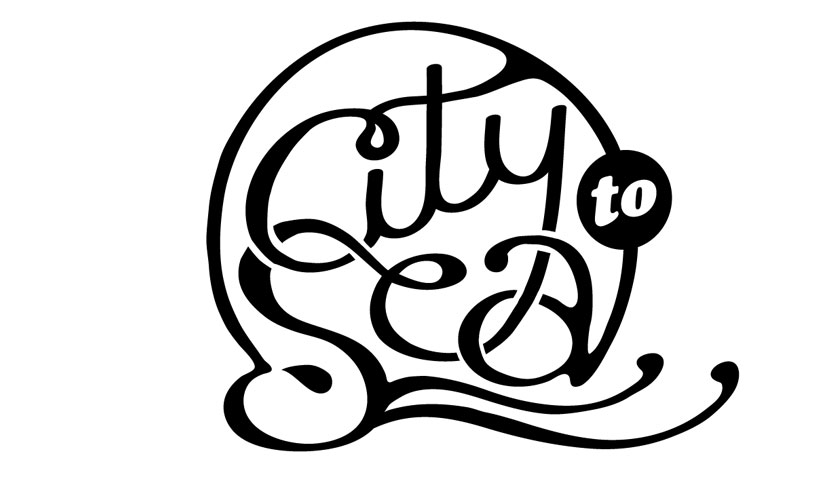City to Sea, the organisation behind the education programme Rethink Periods and campaign Plastic Free Periods, has launched a first of its kind product guide for period products that includes considerations specifically asked for by users with disabilities. The guide comes with a star ranking system for considerations such as heightened sensitivities, reduced dexterity, preparation and maintenance, and comfort.
The new guide is designed primarily to support people with impairments and conditions, enabling them to make informed decisions about which period products they wish to use, potentially leading to an improved quality of life during menstruation. The guide will also be useful to carers, PA’s and those working with the Disabled community.
The guide came about after the organisation reached out to Disabled people to find out what impacted their choice of period products. Although there was a range of experiences some themes were drawn out including:
-
2 in 5 people were dissatisfied with the period care products that they currently use, with 88% of those dissatisfied using big-brand tampons and 42% using big-brand pads. Only 8% of people who were dissatisfied were using menstrual cups, period pants or pads, the period care options that are better for our health and the environment.
-
Generally, the experience of having periods alongside a condition or impairment is one of significantly heightened difficulty. Factors such as reduced dexterity, limited mobility, sensory discomfort, catheters, incontinence, increased pain, fatigue and lack of sensation all contribute to periods being described as ‘inconvenient, ‘dreadful’, ‘impossible to deal with’, ‘difficult to manage’, ‘messy’ or ‘painful’.
-
The vast differences in menstrual experience greatly impact period product choices, but there was a general consensus that there is a huge gap in menstrual education and information for the Disabled community. There was a unanimous call for more tailored information about periods.
Commenting on the new guide, City to Sea’s Campaigns Manager, Jasmine Tribe said,
“City to Sea has been educating about the wide variety of period products that are available to people for many years. Through empowering people with this knowledge and expanding the conversation around periods, we give agency to people to make decisions that best suit our bodies, our finances and the planet. Today’s new guide is a first of its kind that specifically responds to the ideas and concerns raised by people in the Disabled community. By putting their concerns at the centre of our work I hope that we can support many more people, enabling each person to chose what works best for them”.
Kyla Harris, a 36-year-old tetraplegic wheelchair user who requires support from Personal Assistants commented on why she thought the guide was useful saying:
“Most people don’t think about the nuances of living with a physical disability. Because I have limited hand functions, this makes it difficult to use period products. I don’t like to sit on pads, I require assistance from my PAs to use tampons and I’m unable to use menstrual cups. I would love it if there were more conversations about disability in the context of menstrual health as the two subjects aren’t at odds.”
Imogen Fox, a 38-year-old Queer Disabled person added,
“I’ve had periods on and off since I was 16, but due to my impairment it’s hasn’t always been easy to manage them. Most people don’t realise that Disabled people have additional needs when it comes to managing menstruation and we need to talk about this more.”
In addition, City to Sea have permission to publish a series of anonymous user reviews of different period products:
Natracare (organic tampons, pads and liners):
“I’ve had endometriosis for a few years now. As part of my lifestyle changes, I gave up using pads containing plastic from big brands. As soon as I started to use Natracare I noticed significant changes in the comfort and overall period experience, which for us [endometriosis sufferers] means severe pain due to inflammation. Every little thing matters if it can improve our wellbeing, so thank you for making sustainable products that give us a bit more safety and comfort and less inflammation.”
Lunette Cup review by a wheelchair user with Muscular Dystrophy:
“This is a life-changing product for someone with a disability who is unable to change their period products regularly. I wish I’d tried it sooner. It’s safer, healthier, and cleaner. It gives me so much more freedom and peace of mind.”
Reusable pants by Cheeky Wipes review:
“I bought reusable pants for my adult daughter who has autism and learning difficulties, making pads or tampons a real issue. These have been a godsend – no more battling with sensory issues as she’s comfortable and finds them easy to use. They wash up brilliantly looking just like normal undies, not bulky or over-padded. I highly recommend.”
Keela Cup is a US-based kick-starter that has been designed in line with the needs of the Disabled community.
